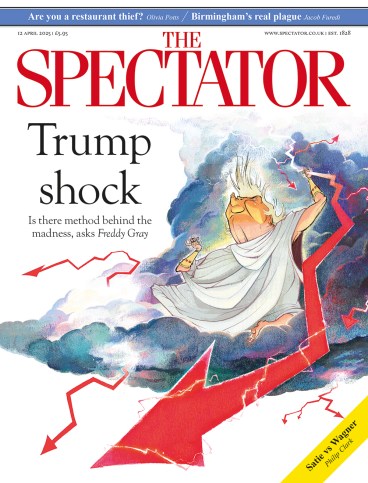
Ceremonial cannibalism was not a European invention but a regular feature of South American societies
Simon Park, who teaches Portuguese history and literature at Oxford University, aims to recast the early period of European exploration as a story of disasters rather than successes. His target is the notion that those who led the first European expeditions across the Atlantic or into the Indian Ocean were ‘heroes who pushed forward boundaries of knowledge’. An obvious case is Christopher Columbus, who refused to his dying day to recognise that he had failed to reach the outlying islands of China. He was already the butt of bitter criticism during his lifetime. Vasco da Gama, who opened the route from Portugal to India, has recently been vividly portrayed by Roger Crowley in his book Conquerors as a ruthless invader who thought nothing of bombarding towns into submission. Ferdinand Magellan, the subject of a chapter in Park’s book, has been brilliantly demythologised by Felipe Fernandez Armesto in his book Straits. Park also discusses the English explorer Martin Frobisher, who imagined he had found gold in the icy wastes of northern Canada when all he brought home was rubble flecked with iron pyrites, ‘fool’s gold’. In re-assessing these figures, Park is pushing against an open door.
Shipwrecks have become a favourite topic of historians, with good reason: what they contain provides a snapshot of a moment in time. They feature prominently in this book, too, but Park concentrates on the ambitions of those who served aboard the ships. He observes that geographical curiosity was of secondary significance, and that the principal aim of these voyages was the search for wealth.










Comments
Join the debate for just £1 a month
Be part of the conversation with other Spectator readers by getting your first three months for £3.
UNLOCK ACCESS Just £1 a monthAlready a subscriber? Log in